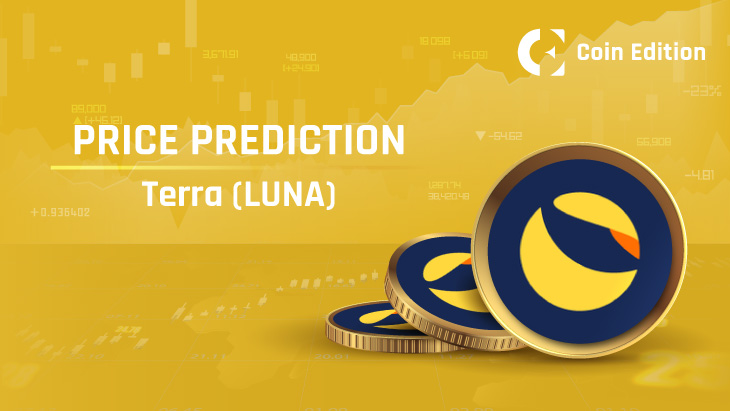- Global economic sentiment improves as pessimism declines sharply.
- Geopolitical tensions threaten economic stability worldwide.
- WEF emphasizes long-term growth despite short-term risks.
The World Economic Forum’s latest Chief Economists Outlook reveals growing optimism about the global economy, with fewer economists predicting a downturn compared to earlier this year. However, concerns remain about geopolitical tensions and their potential impact on economic recovery.
According to the quarterly report, several respondents expressed optimism about the global economy. Earlier this year, 56% of economists were pessimistic about the global economic outlook. However, that number has fallen to 17%, indicating increased belief in improved economic expectations.
However, nearly all surveyed economists predict geopolitical and economic volatility, potentially triggered by a possible Trump presidency and ongoing tensions in the Middle East and Eastern Europe.
Interestingly, the U.S. economy is expected to remain strong, with the Federal Reserve maintaining current rates. In contrast, the survey suggests the EU may experience a weakened economy, potentially prompting some central banks, like the European Central Bank (ECB), to cut rates.
Despite ineffective energy policies, many financial experts anticipate a global economic recovery in the coming years, driven by initiatives from the World Economic Forum (WEF). However, geopolitical tensions, such as the Israel-Hamas conflict and the situation in Taiwan, pose a significant risk to the projected recovery.
An escalation in the Middle East could lead to higher oil prices and inflation, potentially forcing central banks to keep interest rates high. Additionally, the EU’s proposed repayment of $300 billion in seized Russian assets to Ukraine could destabilize Eastern Europe. Similarly, China’s increasing hostilities towards Taiwan could disrupt global microchip production in Asia.
Meanwhile, the surge in nationalist parties worldwide, prioritizing their citizens, may lead to inflation and high asset prices. Corporate strategies are also shifting, with many businesses issuing bonds to prepare for an uncertain future. Due to growing skepticism, some executives are abandoning Environmental, Social, and Governance (ESG) principles.
The WEF’s long-term predictions focus on education, infrastructure, access to finance, institutions, and innovation. The organization also warns against trade protectionism, advocating for global profits over national well-being. Critics argue that the WEF’s policies may promote misallocation of capital, contributing to the global economic slowdown.
Disclaimer: The information presented in this article is for informational and educational purposes only. The article does not constitute financial advice or advice of any kind. Coin Edition is not responsible for any losses incurred as a result of the utilization of content, products, or services mentioned. Readers are advised to exercise caution before taking any action related to the company.







